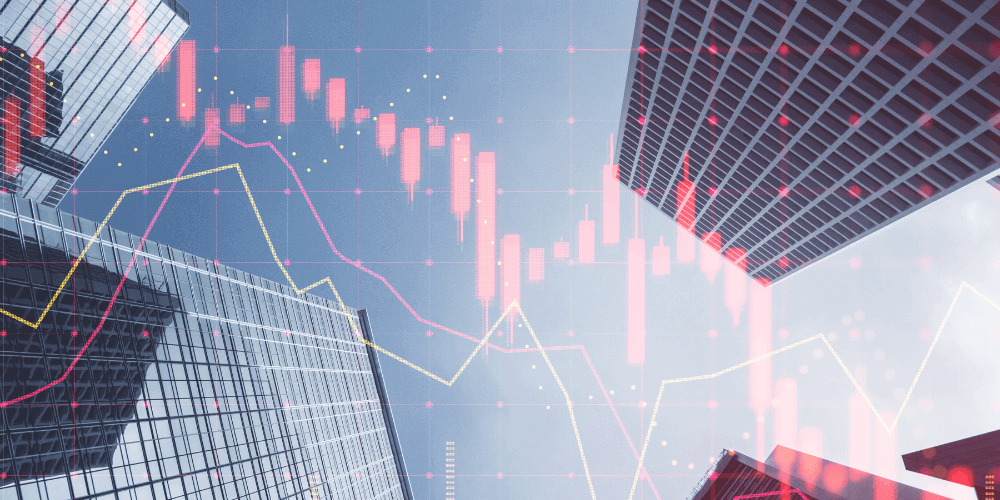Financial

Cyber-Resilience for Financial Institutions
Almost all financial institutions have experienced some form of cyberattack, and the number is on the rise. According to the Boston Consulting Group, financial firms are 300 times more likely to experience cyberattacks than firms in other industries.
The highly sensitive data the financial services industry handles holds tremendous value to attackers, enabling them to redirect payments, sell private data on the dark web, or extort large sums of money by ransoming critical files.
The Cost of a Data Breach
-
Financial industry firms lose approximately $5.9M per data breach, 28% above the global average across all industries.
-
Financial firms face substantial fines for failing to meet cybersecurity regulations. For instance, in 2022, the U.S. Securities and Exchange Commission fined over a dozen banks almost $2B for cybersecurity shortcomings. Source
Most cyberattacks target the financial sector
-
77% of financial organizations detected a cyberattack in 2023, compared to 68% in other industries.
-
73% of respondents in the financial sector either have a cyber insurance policy or are planning to acquire one within the next 12 months, compared to 59% in other industries. Source
Address Your Cybersecurity Challenges
Emerging Technologies
You must embrace new technologies to provide innovative services and stay competitive. However, merging these technologies with current systems poses security risks if not properly managed.
We help our customers to keep their systems secure throughout the process.
Governance and Compliance
You need to meet increasing regulatory and compliance demands to demonstrate due diligence to agencies, customers, and stakeholders.
We help our clients simplify their regulatory journeys and overcome the GRC complexities.
Supply Chain
A chain is only as strong as its weakest link. Your supply chain includes third-party vendors, suppliers, service providers, partners and contractors. We help our clients establish security protocols, verifying that their supply chain adheres to sound security assurance principles and practices.










